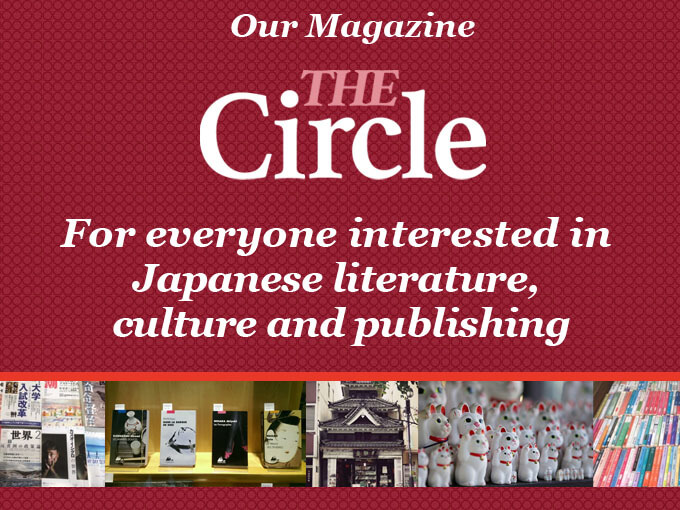The Akutagawa Prize has had some major controversies[UPDATED: 2-27-2018]
The Akutagawa Prize founded in 1935 may be one of Japan’s most prestigious literary prizes, but it hasn’t escaped serious criticism or indeed controversy. It and its prize-winners have been accused of many things over the years including anti-Semitism, plagiarism and collusion.
An expose of it and other Japanese literary prizes was published in 2004, under the title Bungakusho Mettagiri. It criticized amongst other things the selection process and its transparency. One award winner from the 1970s was accused of plagiarism; this being Akio Miyahara’s Derek ga sawatta, Someone touched it, the winner in 1972.
A decade later in 1987, Shusaku Endo (1923-1996), one of Japan’s most famous authors, and a member of the judging panel for the prize, felt obliged to write to the New York Times after Passover, by Fumiko Kometani, a book deemed by critics to be anti-Semitic, won the prize in 1986.
Endo wrote stating that there was no head of the judging panel and that he had not in fact voted for the prize-winning novel, which was a story about an unhappy Jewish-Japanese marriage. Endo wrote in his letter to the newspaper: “There is no head among the jury of the Akutagawa Prize. As one member of the selection committee, I objected to selecting ”Passover.” That I did not place a high value on this novel is clear from my comments on selection”.
The Akutagawa Prize was set-up in the 1930s by Kan Kikuchi (1888-1948), while he was editor of Bungeishinju, one of Japan’s leading literary magazines in honor of Ryunosuke Akutagawa (1892-1927). The prize is awarded twice a year (for the best published literary fiction by a new or rising author) and is worth – 1 million yen, about US$10,000.
Kikuchi has had a major impact on the Japanese literary scene. Not only did he found Bungeishinju in 1923, he also founded the Naoki Prize in 1935. The Akutagawa and Naoki prizes are sponsored by the publisher of Bungeishinju, which also organizes the Kikuchi Prize, named after Kan Kikuchi, the Matsumoto Seicho Prize and the Oya Soichi Non-Fiction Prize.
An expose of it and other Japanese literary prizes was published in 2004, under the title Bungakusho Mettagiri. It criticized amongst other things the selection process and its transparency. One award winner from the 1970s was accused of plagiarism; this being Akio Miyahara’s Derek ga sawatta, Someone touched it, the winner in 1972.
A decade later in 1987, Shusaku Endo (1923-1996), one of Japan’s most famous authors, and a member of the judging panel for the prize, felt obliged to write to the New York Times after Passover, by Fumiko Kometani, a book deemed by critics to be anti-Semitic, won the prize in 1986.
Endo wrote stating that there was no head of the judging panel and that he had not in fact voted for the prize-winning novel, which was a story about an unhappy Jewish-Japanese marriage. Endo wrote in his letter to the newspaper: “There is no head among the jury of the Akutagawa Prize. As one member of the selection committee, I objected to selecting ”Passover.” That I did not place a high value on this novel is clear from my comments on selection”.
The Akutagawa Prize was set-up in the 1930s by Kan Kikuchi (1888-1948), while he was editor of Bungeishinju, one of Japan’s leading literary magazines in honor of Ryunosuke Akutagawa (1892-1927). The prize is awarded twice a year (for the best published literary fiction by a new or rising author) and is worth – 1 million yen, about US$10,000.
Kikuchi has had a major impact on the Japanese literary scene. Not only did he found Bungeishinju in 1923, he also founded the Naoki Prize in 1935. The Akutagawa and Naoki prizes are sponsored by the publisher of Bungeishinju, which also organizes the Kikuchi Prize, named after Kan Kikuchi, the Matsumoto Seicho Prize and the Oya Soichi Non-Fiction Prize.
- TOPICS:
- Prizes

